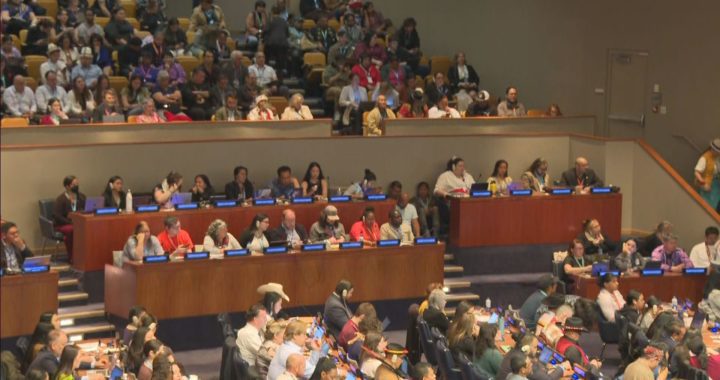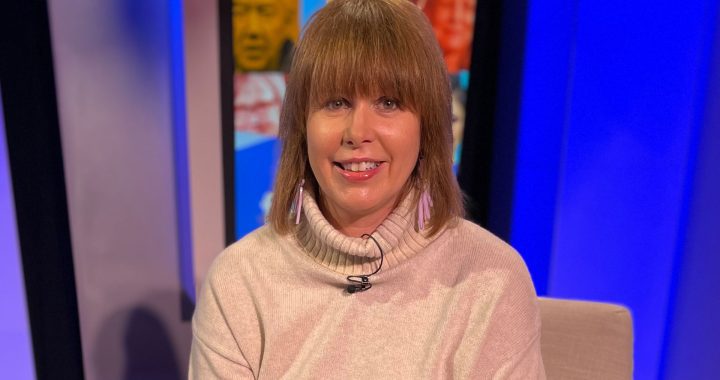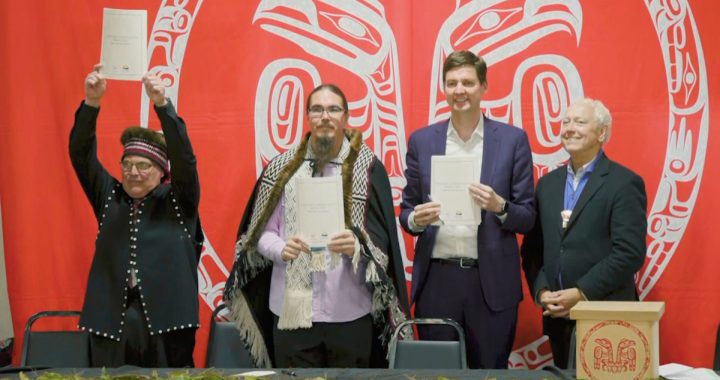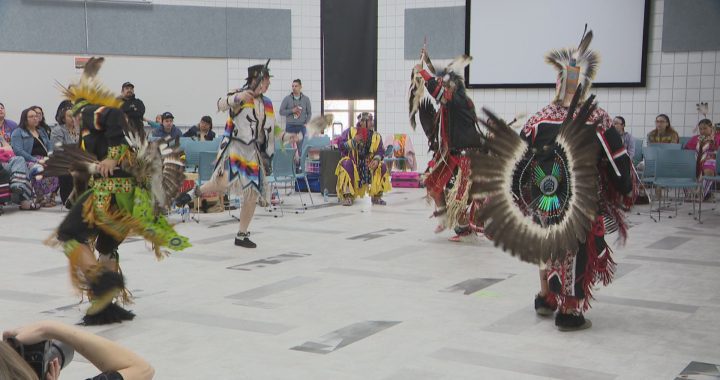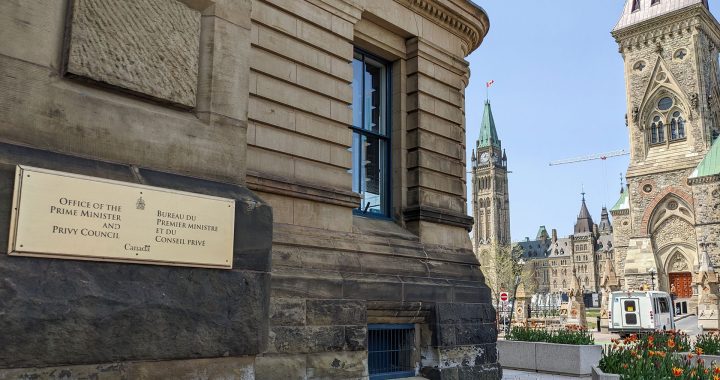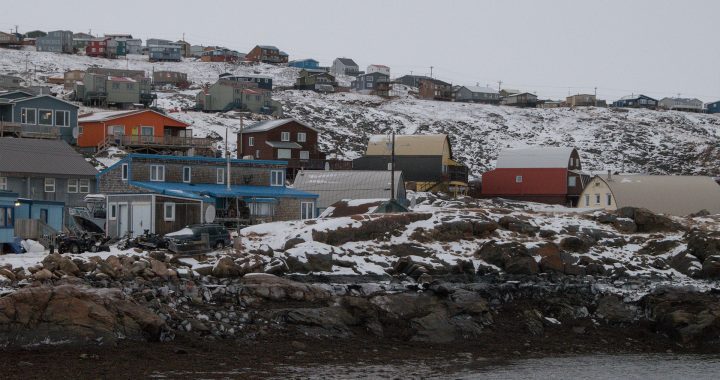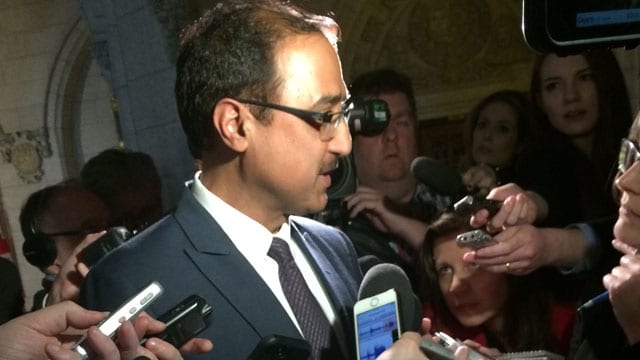
On Monday Natural Resources Minister Amarjeet Sohi told reporters in Ottawa the government still has not placed a deadline on Canada’s renewed consultations with First Nations over the Trans Mountain pipeline expansion.
The minister was also vague on what the Liberals regard as adequate consultations, saying only that “meaningful discussion doesn’t mean a lengthy discussion.
“It has to be a two-way dialogue, it has to be done in a sincere, honest way with proper focus on resolving issues and that’s exactly what our teams are focused on,” he said.
The comments come amid the government’s effort to meet a Federal Court of Appeal directive last August stemming from a number of legal challenges to the project brought by First Nations.
The court quashed the government’s approval of the pipeline, which if built would carry almost 900,000 barrels of diluted bitumen from the Alberta oil sands to the B.C. coast.
It ruled that the National Energy Board’s “process and findings were so flawed that the Governor in Council could not reasonably rely on the Board’s report,” and that “Canada failed to fulfil the duty to consult owed to Indigenous peoples.”
The decision brought the issue of constitutional responsibilities to Indigenous peoples to the fore and has pitted Indigenous rights against the desire by Alberta to maintain a prosperous fossil fuel industry.
The court’s decision, however, said “the public interest and the duty to consult do not operate in conflict,” and that “a project authorization that breaches the constitutionally protected rights of Indigenous peoples cannot serve the public interest.”
Amid growing uncertainty as to whether the project would ever come to fruition, the Trudeau government purchased the pipeline from Kinder Morgan for $4.5 billion and intends to sell it to new investors if it can satisfy the legal conditions.
The Treaty Alliance, a coalition of 150 First Nations, has vowed to stop the project on the grounds it poses too great a threat to waters that run through Indigenous lands, and that addressing climate change requires stopping the expansion of Alberta’s oil sands.
Meanwhile, the Indigenous Resource Council, an alliance of 130 First Nations has expressed interest in acquiring a majority share in the project.
Sohi said Monday the renewed consultations “are going really well,” and that the Liberals “have eight teams on the ground [supported] by close to 60 individuals.”
He said the “teams are properly trained and they have the mandate to have meaningful discussions with the Indigenous communities to move forward in offering accommodations where accommodations are possible to be offered.”
Sohi also said he has personally met “with more than 40 Indigenous groups,” and that former Supreme Court Justice Frank Iacobucci—who the Trudeau government appointed to facilitate the consultations—“has held his roundtables” with Indigenous communities.
One of those roundtables garnered national media attention last month when three members of the Tiny House Warriors were arrested after attempting to enter a pre-consultation roundtable discussion between federal officials and representatives from local Indigenous communities at Thompson Rivers University in Kamloops, B.C.
A few days earlier, Secwepemc Chief Judy Wilson of the Neskonlith Indian Band told Trudeau at an Assembly of First Nations assembly in Ottawa that there “was no consent” from the Secwepemc Nation on Trans Mountain.
“You can’t count a few [impact and benefit agreements] with some of the communities as consent because it’s the proper title holders of those nations that hold the title,” she said. “And it’s the bands that might have been under duress – but it’s not a proper process.”
news.ca




